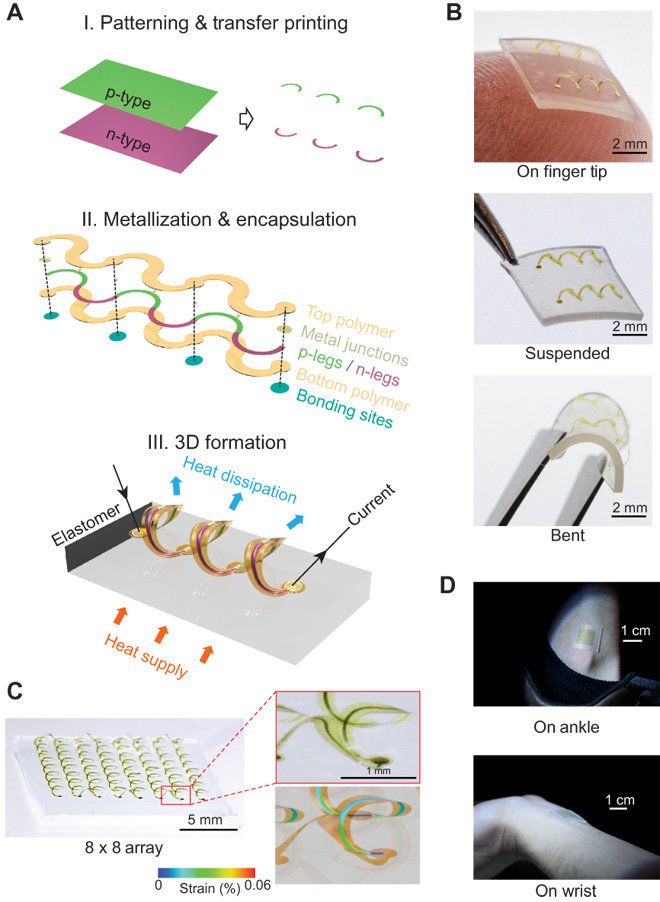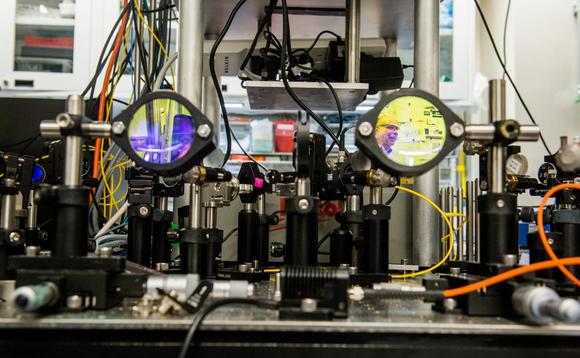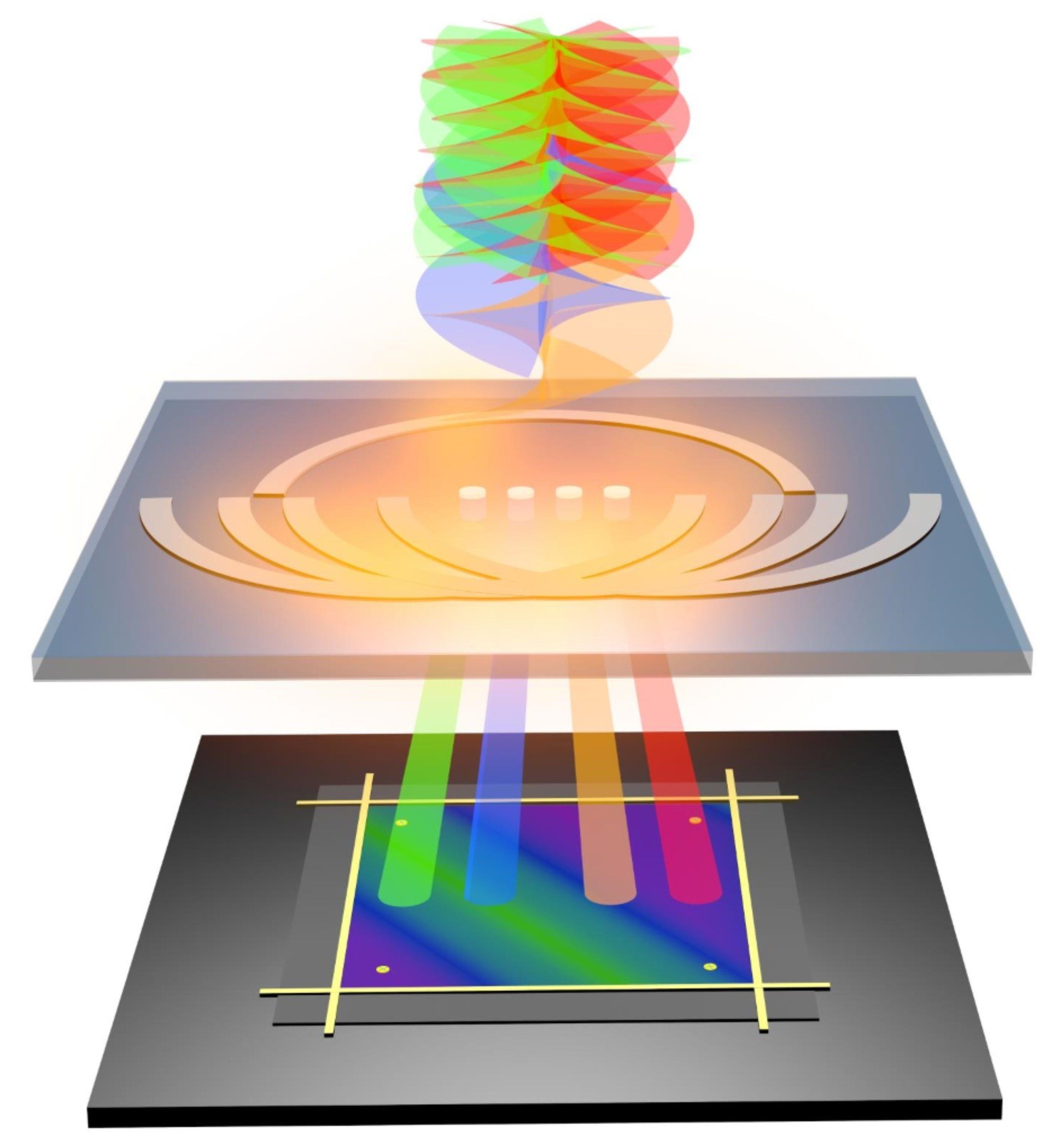If not for long-term radioactive waste, then nuclear power would be the ultimate “green” energy. The alternative to uranium is thorium, a radioactive ore whose natural decay is responsible for half of our geothermal energy, which we think of as “green energy.” More than 20 years of research at the European Centre for Nuclear Research (CERN), the birthplace of the internet and where Higgs boson was discovered, demonstrate that thorium could become a radically disruptive source of clean energy providing bountiful electricity any place and at any time.
Coal and gas remain by far the largest sources of electricity worldwide, threatening our climate equilibrium. Non-fossil alternatives, such as solar power, use up a forbidding amount of land, even in sunny California, plus the decommissioning will pose a serious recycling challenge within 20 years. Solar is best used on an individual household basis, rather than centralized plants. Wind requires an even larger surface area than solar.
As Michael Shellenberger, a Time magazine “Hero of the Environment”, recently wrote: “Had California and Germany invested $680 billion into nuclear power plants instead of renewables like solar and wind farms, the two would already be generating 100% or more of their electricity from clean energy sources.” Correct, but the disturbing issue of long-term nuclear waste produced by conventional, uranium based, nuclear plants still remains.










